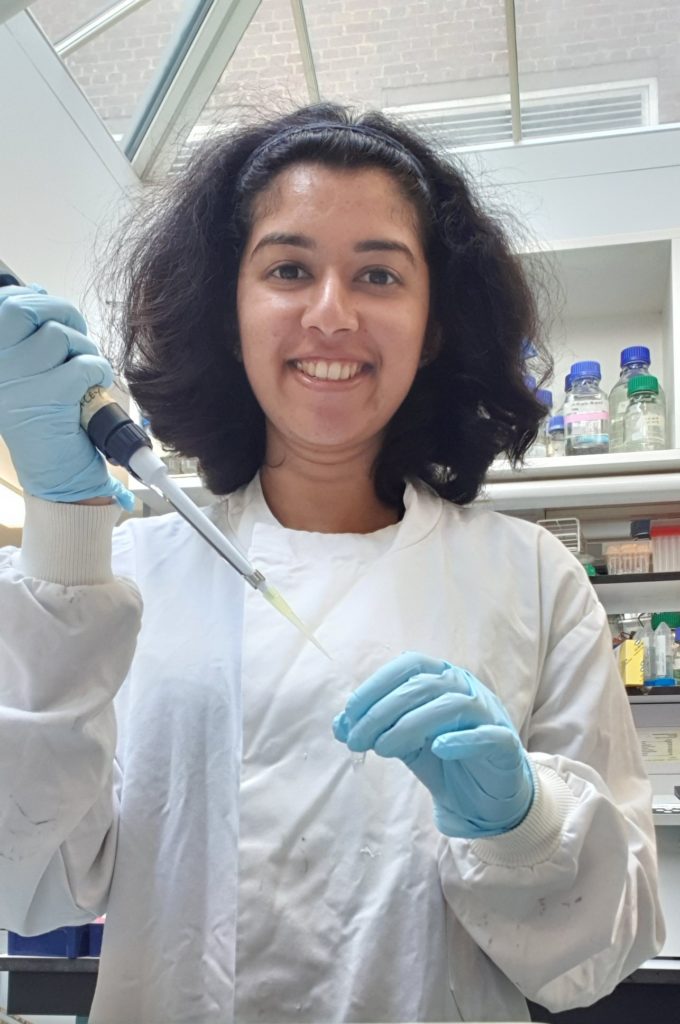
A BGRS blog post by Swathi Kumar (PhD Biology, Cancer Biology, ISMB)
I’m now in my second year of the BBSRC LIDo PhD programme. The first year was composed of two 4-month rotation projects, the first of which was based at both Birkbeck and UCL and is now my full-time PhD project. Like many others, March 17th was my final pre-lockdown day working in the lab and I was one month in on my second rotation project based at Barts Cancer Institute. The rest of the summer was a blur with days spent teaching myself to use command-line interfaces to run bioinformatic tools in an attempt to produce any data whatsoever for my project that had then become wholly computational. I managed to complete a coding course covering MATLAB, R and Python which was a mandatory part of my first year and a useful skill to learn as a biologist. All that remained was to return back to my old lab and officially start my PhD.
My first day back in the lab was July 27th – 4 and a half months post-lockdown. I had fastidiously read all the ‘returning to work’ documentation and was prepared for Birkbeck to look quite different to how I remembered it. Sure enough, the corridors were filled with COVID-19 safety measures and a 2-metre rule had been implemented. Luckily, I was already trained in the microbiology techniques I would need for the first month of my PhD thanks to my rotation project last year. My PhD researches the pathogenesis of the Kaposi Sarcoma-associated Herpes Virus with a particular focus on a viral oncogene it produces called vFLIP. I am interested in cancer biology having done a master’s degree in it, and my interdisciplinary PhD combines structural biology and virology. Overall, the majority of my PhD is wet lab based.
Being supervised while adhering to social distancing rules vaguely resembles a Quickstep dance. The 2-metre rule was recently relaxed to 1-metre with masks on at all times, which made it significantly easier for my supervisor to teach me how to use structural biology equipment. Later this month I will be demonstrating these techniques to undergraduate summer camp students and supervising an undergraduate placement student – both firsts in my career. Apart from eating our lunches at desks spaced 2-metres apart, the daily work routine is becoming relatively normal. I do look forward to the day we can attend seminars and lectures in-person rather than online. However, I will say that the switch to online talks gave me the courage to try a new profession – teaching! Overall, I’m thankful that my transition from working at home to experimenting in the lab has been smooth. I hope my story encourages others who may have some anxiety about returning to work to not be afraid and to believe in themselves!

